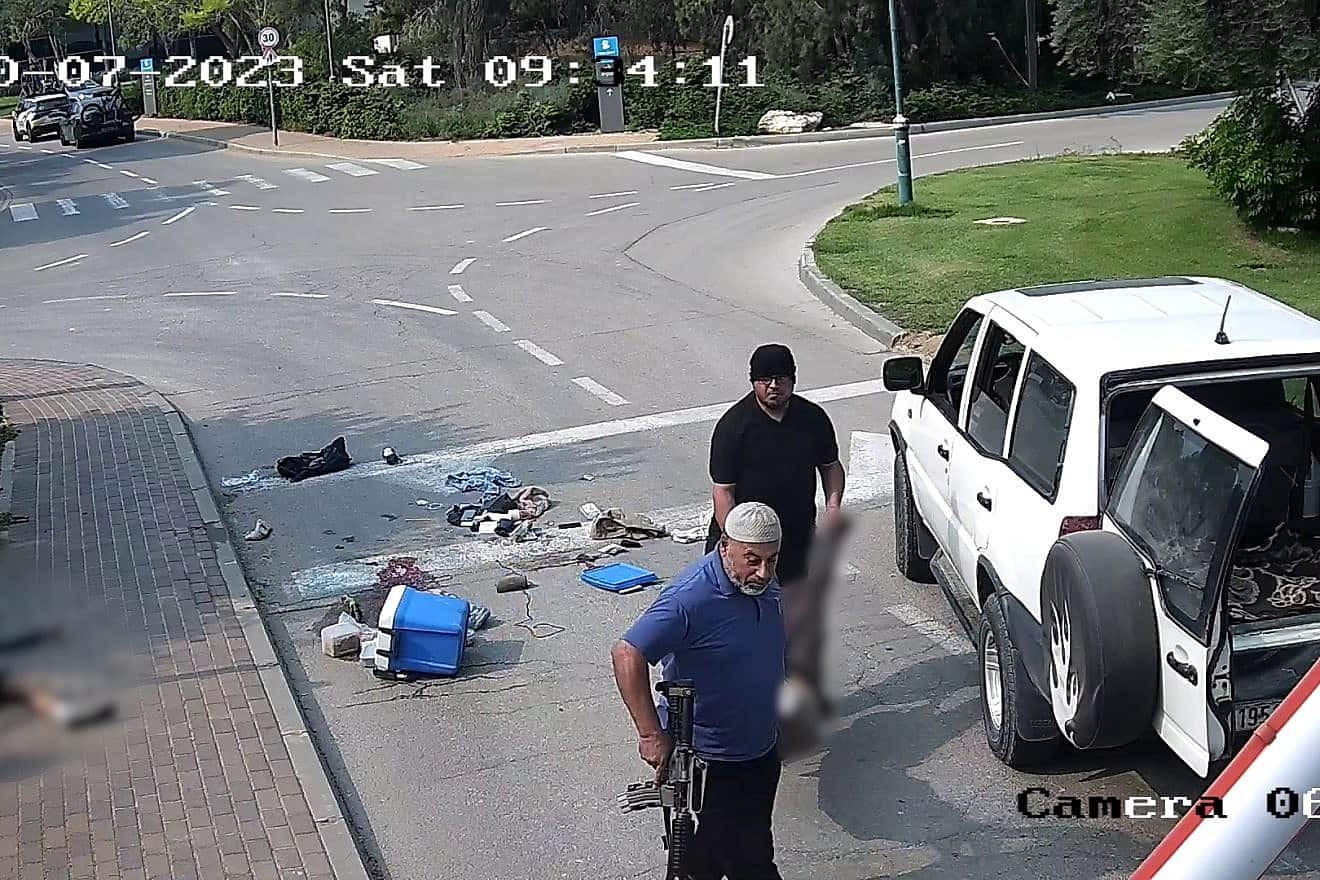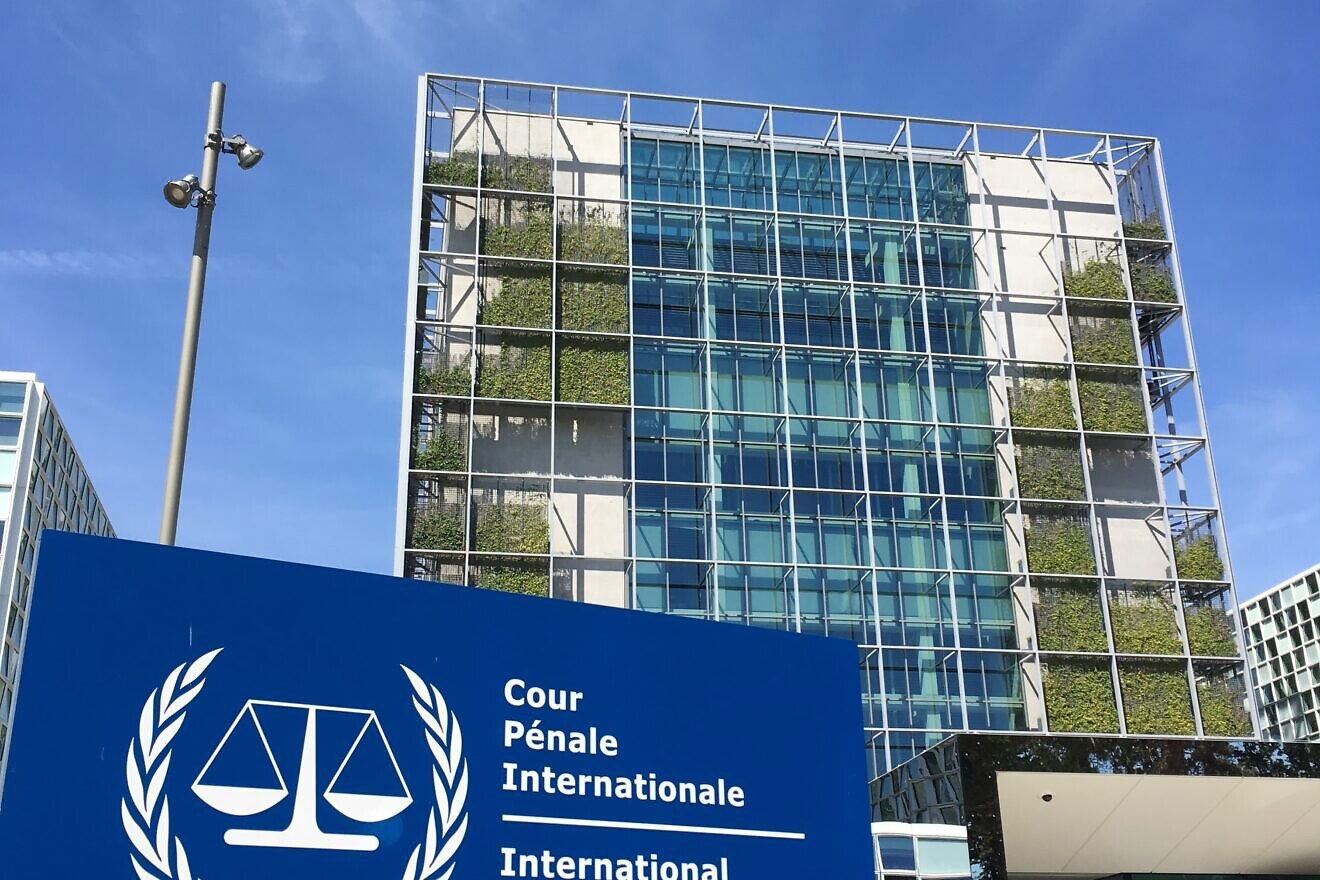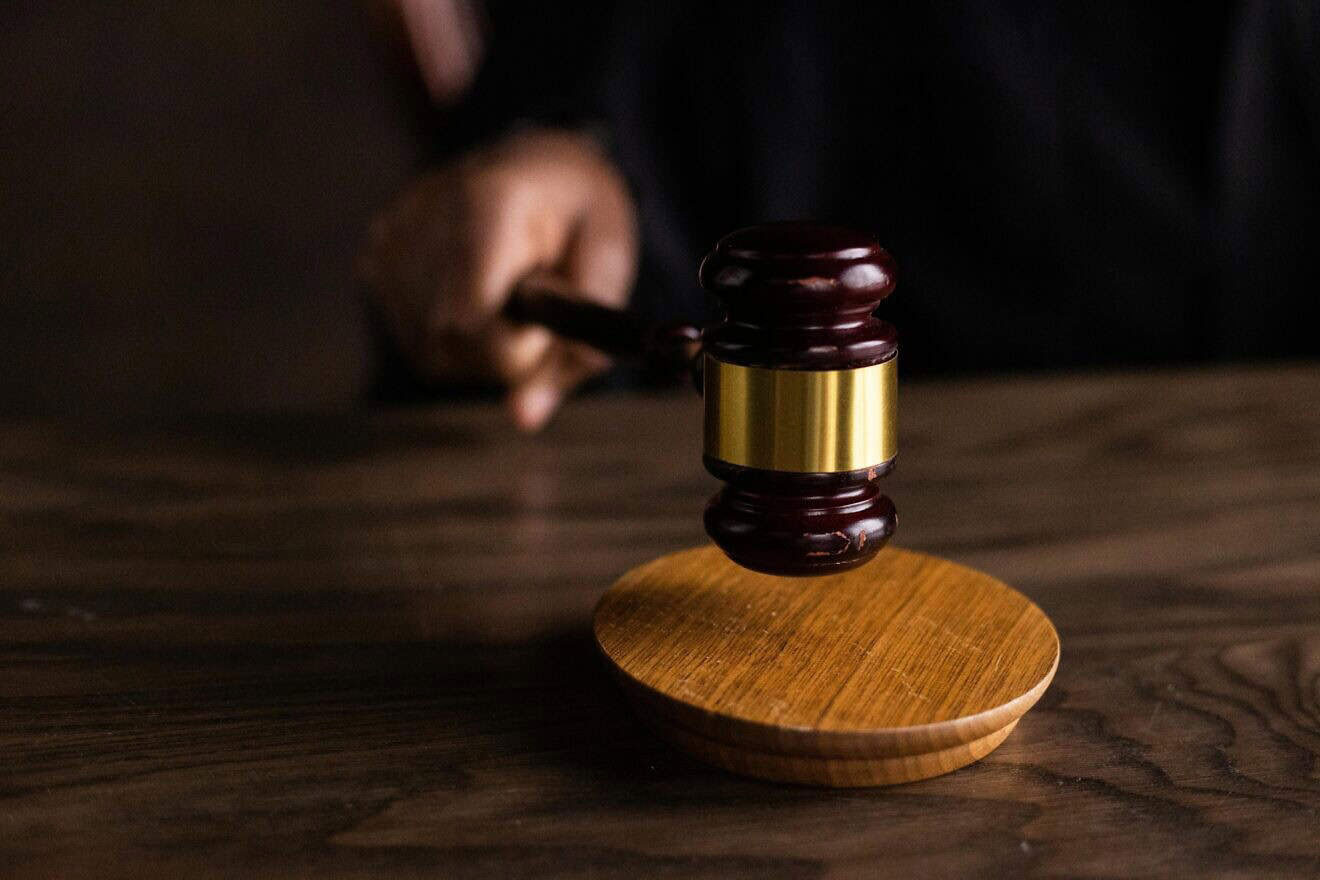(JNS) — A European research institution hired by the U.N. to carry out an “independent” investigation of its UNRWA Palestinian aid agency has a severe conflict of interest and holds strong anti-Israel bias, an Israeli government report released Thursday says.
The other two research institutions contributing to the UNRWA investigation showed more isolated indications of anti-Israel activity but did not harbor a general agenda against Israel, the report found.
The publication of the findings comes days before UNRWA is due to issue its own report on an investigation into its alleged malfeasance in an effort to have donations to the agency fully restored.
The Israeli Diaspora Affairs Ministry report, titled “The Research Institutions in the Examination Committee Regarding UNRWA,” found that staff from the Bergen, Norway-based Chr. Michelsen Institute (CMI) employed to examine UNRWA following the Oct. 7 Hamas massacre justify the attack, have ties with Hamas operatives, support anti-Israel activities and expressed severe biases against the Jewish state.
The declassified Diaspora Affairs Ministry report examines the three European research institutions that are supposed to examine UNRWA’s troubled past after the revelations of staff members’ ties to terrorism emerged during the current Israel-Hamas war.
The report found that CMI has a “clear conflict of interest” in light of its previous ties and opinions regarding UNRWA, along with a direct connection to Hamas and the prominent anti-Israel agenda held by its senior researchers.
The document cites the opinions expressed by two of the group’s researchers minimizing the Oct. 7 massacre, in which some 1,200 people, mostly civilians, were killed, and another 250 were abducted to Gaza, as examples of their bias.
“The attack by Hamas cannot be understood in a vacuum,” researchers Kjersti G. Berg and Jorgen Jensehaugen wrote. “It is absolutely essential to understand Hamas and the dynamics between Hamas and Israel over the past 16 years, but there is also a wider context that we must deal with.”
Another CMI researcher claimed that Israel was engaging in collective punishment in the war against the terrorist organization in Gaza, and that the IDF’s actions exceeded the boundaries of self-defense.
“We should not show solidarity with Israeli civilians by granting their leaders moral permission to retaliate,” researcher Heidi Mogstad wrote in an Oct. 31 blog post, three weeks after the massacre.
The Israeli government report also cites CMI’s relationship with Hamas and other terrorist groups.
Over the years, the Norwegian organization conducted in-person interviews with operatives from Hamas, Palestinian Islamic Jihad, the Popular Front for the Liberation of Palestine, and the Democratic Front for the Liberation of Palestine, the report found.
Another group taking part in the U.N. probe, the Danish Institute for Human Rights, has shown “isolated indications of support for boycotts against Israel,” while the Lund, Sweden-based Raoul Wallenberg Institute of Human Rights and Humanitarian Law (RWI) had “isolated indications of support for the Palestinians.”
An Israeli intelligence report released in January showed that at least a dozen UNRWA employees actively participated in the Hamas atrocities in southern Israel on Oct. 7, and that the agency has 450 “military operatives” belonging to Hamas and other terrorist groups on its payroll.
The revelations prompted 18 countries — led by the United States and Germany, UNRWA’s biggest donors — to suspend funding. Some of them have since resumed funding due to concern over the humanitarian situation in Gaza.
The United States — the largest donor to UNRWA — provided about 30% of the agency’s budget and has frozen its donations until at least next year.
However, European countries, including Germany, are likely to resume their funding next week following the UN investigation, some with caveats attached.
The publication of the Diaspora Affairs Ministry report shortly before the results of the U.N.’s investigation are made public was the latest salvo in the diplomatic battle underway over UNRWA.
The atrocities in southern Israel on Oct. 7 have placed international focus on UNRWA’s terrorism ties, leading to renewed calls from across the Israeli political spectrum to break with the organization. Meanwhile, the heads of the agency — backed by E.U. foreign policy chief Josep Borell — are attempting to placate international donors with the U.N. investigation into its wrongdoing.
Last month, a former legal adviser to UNRWA told the Knesset that Israel can prevent the agency from operating in Gaza and should be using the current international spotlight on its malign activities to plan for its closure, regardless of any continued foreign funding it receives.





